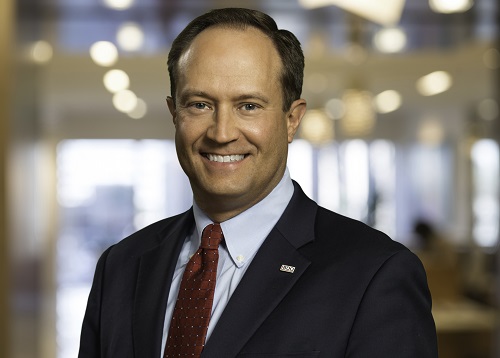
By Alfredo Cepero
In the U.S., it’s estimated that more than one in five adults live with a mental illness — that’s about 57.8 million people as of 2021. In response to the growing awareness of the importance of treatment for mental health and substance use disorders (MHSUD), the Centers for Medicaid & Medicare Services (CMS) enacted the Mental Health Parity and Addiction Equity Act (MHPAEA) of 2008.
The legislation expands on the Mental Health Parity Act of 1996 and requires health insurers and group health plans that offer MHSUD benefits to provide the same level of benefits for mental and/or substance use treatment and services that they do for medical or surgical care. The legislation also ensures that plans offered on the Health Insurance Marketplace under the Affordable Care Act (ACA) cover many behavioral health treatments and services while requiring some plans to cover MHSUD services as an essential health benefit.
Compliance enforcement related to MHPAEA is likely to increase as time goes on. That means it’s more important now than ever before for organizations to comply with both federal and state parity law requirements.
As an example, the following legislative actions indicate immediate consideration:
- The DOL and the U.S. Centers for Medicare and Medicaid Services (CMS) have issued a brief summarizing their MHPAEA enforcement efforts in fiscal year 2022.
- The U.S. Department of the Treasury, the U.S. Department of Labor (DOL) and the U.S. Department of Health and Human Services (HHS) published a technical release setting forth a potential approach that the agencies may take to determining the types of compiled data required of employers addressing any nonquantitative treatment limitations (NQTLs) in their health plans so as to not conflict with the MHPAEA standards regarding composition of provider networks. The agencies have requested comments on the technical release.
- An updating of the current 2013 final MHAEA regulations that would be effective as of 2025 that add additional layers of compliance from the agencies resulting in higher costs for employers.
- A congressional report authored by these three agencies detailing recent enforcement efforts and citing multiple employee benefit plans that have violated the MHPAEA.
BDO’s Mental Health Parity Compliance team can help you address common challenges like:
- Determining whether your organization is obligated to offer MHSUD services as a plan sponsor under MHPAEA
- Assessing whether your current or prospective benefits offerings are compliant with MHPAEA requirements
- Acquiring a certification of compliance for MHPAEA
- Adding procedures to your current corporate compliance policies and procedures to include mental health parity alignment
If you’re experiencing any of these challenges, our Mental Health Parity Compliance team may be able to help.
Alfredo Cepero, Principal, Assurance Market Leader, BDO, can be reached at (305) 420-8006 or [email protected].
Contact:
Alfredo Cepero, Principal, Assurance Market Leader
(305) 420-8006 / [email protected]
Angelo Pirozzi, Managing Director, Managing Advisory Services
(561) 288-3987 / [email protected]
